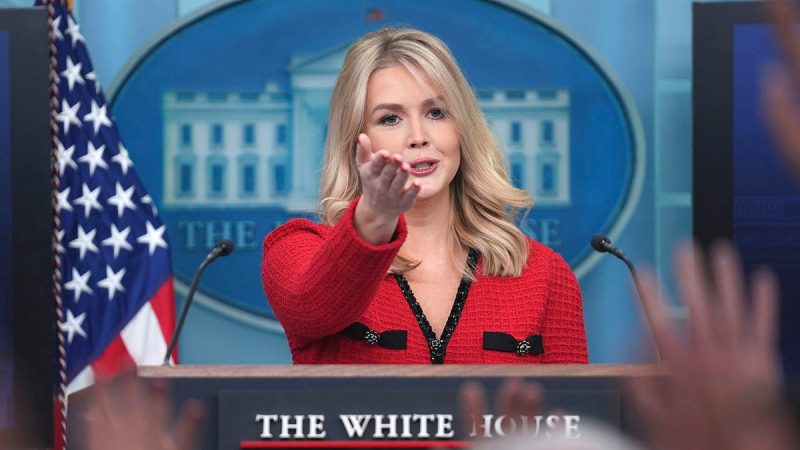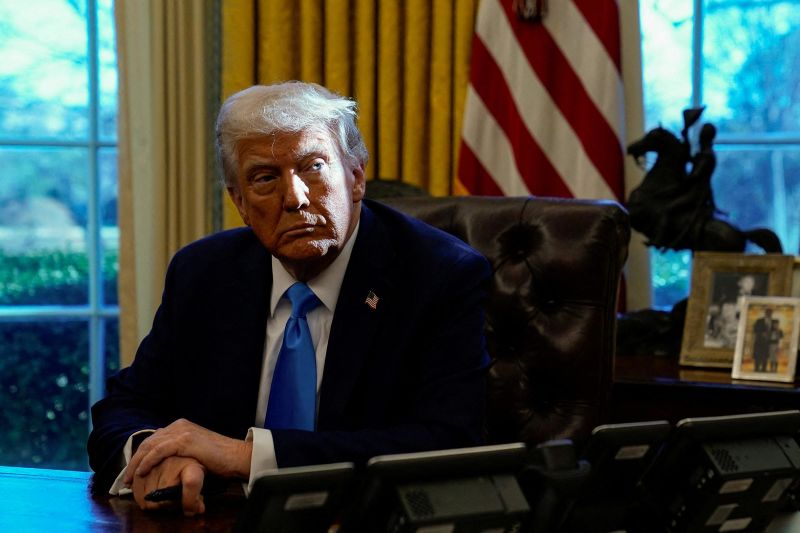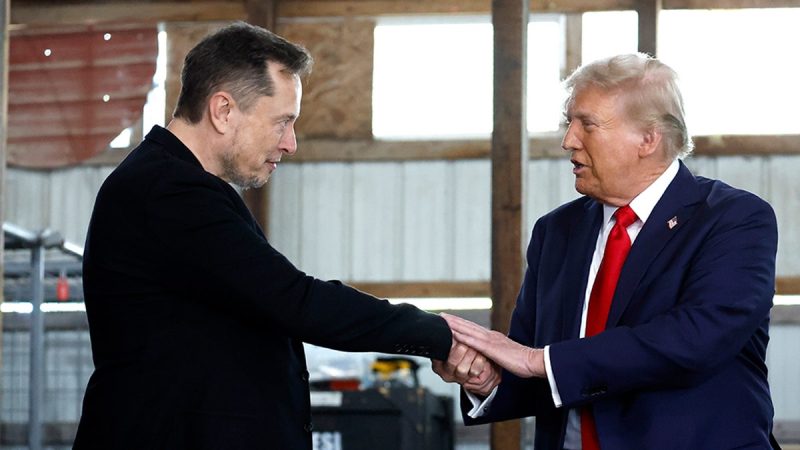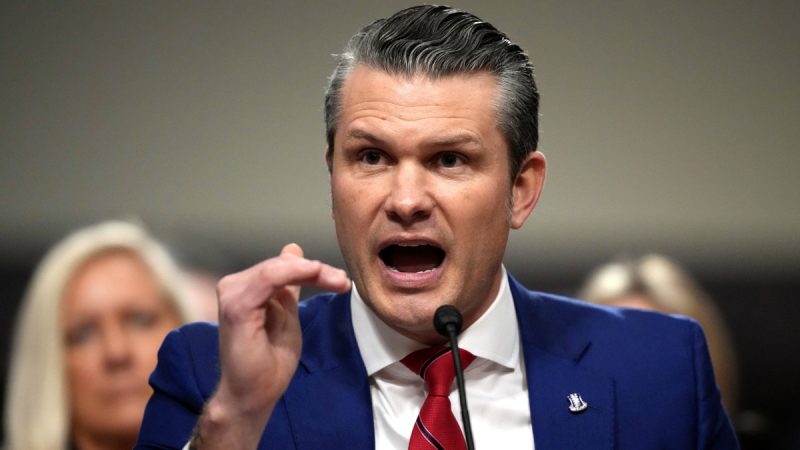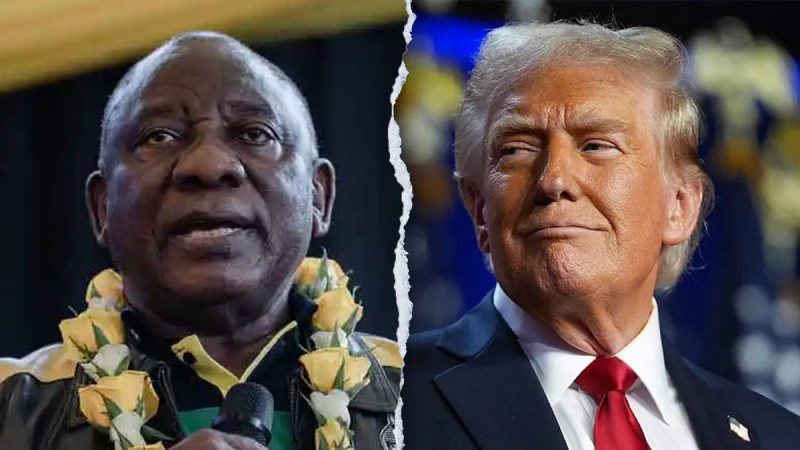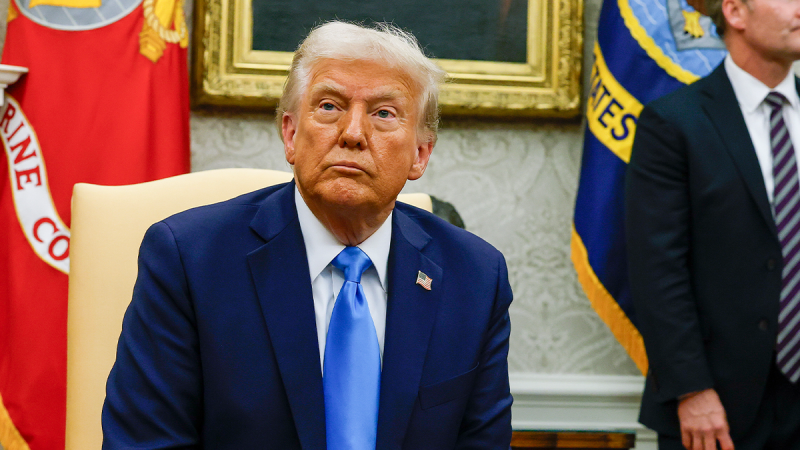
Advertisers shelled out up to $8 million for a spot during Super Bowl 59. Ad industry executives still consider the price tag worth it, and argue it’s even a bang for their buck.
The NFL’s championship game between the Philadelphia Eagles and Kansas City Chiefs will air this year on Fox Corp.’s broadcast network, as well as on Fox’s free streamer Tubi. It’ll likely be the biggest audience watching live television at the same time this year.
“The scale and buzz factor still delivers a punch,” said Amy Leifer, DirecTV’s chief advertising sales officer. “Where else can you get 100 million viewers at once, right? Especially in this fragmented landscape … there’s virtually few places you can go to get that type of scale.”
Last year more than 123 million people tuned into the Super Bowl. The 2024 game racked up estimated ad revenue of about $550 million for in-game placements, according to GroupM, WPP’s media investment group.
While advertisers have been spending more on digital, social media and streaming platforms, traditional TV is still considered the most “effective” form of advertising, meaning it has the biggest impact and results for brands due to the large audiences watching at once.
The ad market for traditional TV programming has slowed down as the cable bundle bleeds customers. Still, media companies with rights to live sports — as well as news and other live programming like awards shows — are able to nab a bigger chunk of ad dollars than peers without sports.
While it appears the ad market is stabilizing after a slowdown, networks and streamers with sports are sure to fare better than those without this year.
Sports have taken over the conversation at the advertising industry’s Upfronts presentations each spring, when media companies make their pitch to advertisers. Fox sold most of the ad inventory for this year’s Super Bowl during its Upfront last spring, CNBC previously reported.
The Super Bowl remains about three times as effective as the average primetime programming for advertisers, according to EDO, an advertising data company. The NFL’s big game last year was 224% more effective than average primetime programming, the data firm said.
EDO likened the audience and engagement that comes with a Super Bowl game to an advertiser buying hundreds of spots on primetime. Based on last year’s Super Bowl audience, EDO equated one ad during the big game to roughly 450 spots during primetime programming in terms of viewer engagement.
“It’s a fair and rational price based on our data, which is that this has been one of the most consistent performers over time,” said Kevin Krim, CEO of EDO. “And there’s room for the price to go up based on our data. But the important thing is, it matters a ton how a brand executes on their creative idea.”
For instance, when brands launch a new product during a Super Bowl commercial, consumers continue to engage with the brand via online searches or app visits even after the Super Bowl ad first aired, said Krim. He noted three recent brand launches during Super Bowl commercials — automaker Kia launching the EV6 in 2022, and Reese’s unveiling its Big Caramel Cup and Popeye’s promoting its new wings in 2024 — which led to a lift in engagement for each brand when the ads aired thereafter.
Even localized ads that are sold at a lower cost than national ads and only shown in certain markets experience a Super Bowl lift. Zeam, a hyperlocal streaming platform, aired a spot starring actor John Stamos in select markets last year.
The app had “millions of downloads” following the commercial, said Jack Perry, CEO of Zeam Media.
“It was good enough for us, and it’s not cheap for us to buy those available spots. There’s a very limited number of local spots during the game,” said Perry.
Zeam will run another commercial with Stamos this year.
The placement of a commercial during the game, sometimes as specific as what time during a certain quarter the ad is shown, can make a difference, too, according to Andre Banks, founder and CEO of NewWorld, an ad data firm.
“If a brand wants to drive high-impact results, they must align their spots with when their target audience is most engaged, not the spot that receives higher viewership,” said Banks.
He noted a portion of the Super Bowl audience each year tunes in specifically for the Halftime show, which this year features rapper Kendrick Lamar, and then turns their attentions away once the moment passes.
Banks also noted that social media plays a big role during the Super Bowl, with viewers turning to varying tech platforms during the game. Social media should be key for advertisers during the Super Bowl, too, he said.
“With so many viewers scrolling on social channels during the game, there’s also a massive opportunity for brands to optimize for second-screen engagement,” Banks added.
Ad spending on tech and social media platforms far eclipses traditional TV. GroupM estimates that ad revenue for “pure-play digital,” which excludes digital extensions of media companies like streaming, will grow 10% to $813.3 billion globally in 2025. By comparison, TV ad spend is expected to grow nearly 2% to $169.1 billion. Media companies have even recently come together to launch an ad platform with the aim of taking back share from tech players.
Some say brands’ focus on spending big on the Super Bowl and the idea that traditional TV is the most effective form of advertising may lie in the past.
“I don’t necessarily think when someone says it’s still the most effective, that’s what it is. I think what people are saying is it’s the only place left where there is a really large, captive broadcast audience watching something,” said Shoshana Winter, CEO of Converge, a performance marketing agency. “When it comes to this particular thing, we are holding on hard and fast.”







